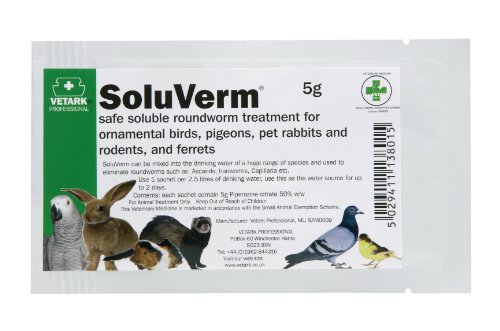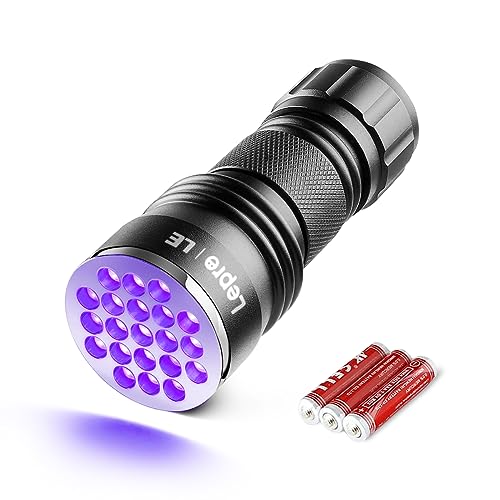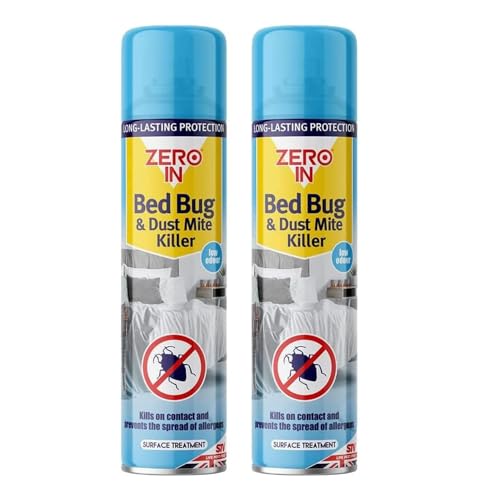Understanding Worms in Chickens: What We Need to Know
Types of Worms that Affect Chickens
When we look into worms that can affect our chickens, it’s important to be aware of the common culprits. Roundworms, tapeworms, and gapeworms are the most frequent offenders. Roundworms live in the intestines and can grow quite long, whereas tapeworms attach themselves to the intestinal walls and can affect nutrient absorption. Gapeworms are particularly troublesome, as they inhabit the trachea and can make it difficult for chickens to breathe. Understanding these differences is crucial for identifying and addressing any issues.
How Worms Impact Chicken Health
Worm infections can lead to a range of health problems for our chickens. We might notice that infected birds become lethargic and lose weight, which indicates that they’re not able to absorb nutrients effectively. In some cases, diarrhoea can occur, primarily due to the stress placed on the digestive system. An underwhelming egg production rate can also signal an issue, as infected hens may not have the energy to lay eggs consistently. Keeping an eye on these health indicators helps us maintain our flock’s overall well-being.
Signs of Infection: How to Identify Worm Issues
Physical Symptoms to Look For
Identifying worms in our chickens can sometimes be straightforward based on physical signs. We should pay attention to changes in their behaviour, such as decreased activity or unusual drooping of their wings. Observing the droppings is also vital; if they appear abnormal, especially with a combination of mucus or blood, this may indicate a worm problem. Moreover, sudden weight loss in previously healthy birds can be a clear sign of infection that warrants further investigation.
Behavioural Changes as Indicators
Behaviour can often speak volumes when it comes to our chickens’ health. When we begin to notice that our flock is more withdrawn or spends an unusual amount of time hunched over, it’s time to take notice. Chickens that typically forage actively may shy away from food or exhibit reluctance to roam. Such changes must alert us to potential issues, prompting us to look deeper into their conditions.
Effective Treatments: Our Top Recommendations
Choosing the Right Treatment Options
When it comes to treating worms in chickens, various effective options are available. We often recommend using dewormers that are specifically formulated for chickens, such as those containing ingredients like fenbendazole or ivermectin. These medications have proven effective against a broad spectrum of worms. It’s vital to follow the dosage instructions accurately to ensure the treatment works effectively without harming our birds.
Administering Treatments Safely
Administering deworming treatments can be straightforward. Most dewormers can simply be mixed into the feed or given directly. If we opt for a liquid treatment, placing it in their drinking water can also be a convenient method. It’s essential to ensure that all birds are treated, as some may be asymptomatic carriers and can reinfect others. Keeping the flock together for treatment helps achieve better results.
Preventative Measures: Keeping Your Chickens Healthy
Creating a Clean Living Environment
Preventing worm infestations starts with maintaining a clean living environment. Ensuring that coops are regularly cleaned and bedding is changed frequently helps reduce the risk of reinfection. Regularly moving our chickens to new foraging areas allows them to explore fresh ground, further decreasing chances of exposure to worms.
Implementing a Routine Health Check
Having a schedule for regular health checks prepares us for any potential worm issues before they escalate. By observing our chickens closely and checking for weight loss, feather quality, and overall behaviour, we can establish early detection routines. This proactive approach allows us to tackle concerns before they become significant problems.
Caring for Your Chickens After Treatment: Our Best Practices
Monitoring Recovery Post-Treatment
After administering treatment, it’s crucial to closely monitor our chickens for signs of recovery. Healthy behaviour should gradually return, and we should encourage them to eat well and return to their regular activity levels. Keeping an eye on their droppings will also help us to ensure that they’re back to normal and that worm issues are resolved.
Improving Nutrition and Overall Health
Post-treatment, we should consider enhancing their nutrition to aid in their recovery. Providing a balanced diet rich in vitamins and minerals will support their immune systems and help them regain strength. Adding probiotics to their feed can also help restore gut health, allowing our chickens to bounce back efficiently without further complications.















